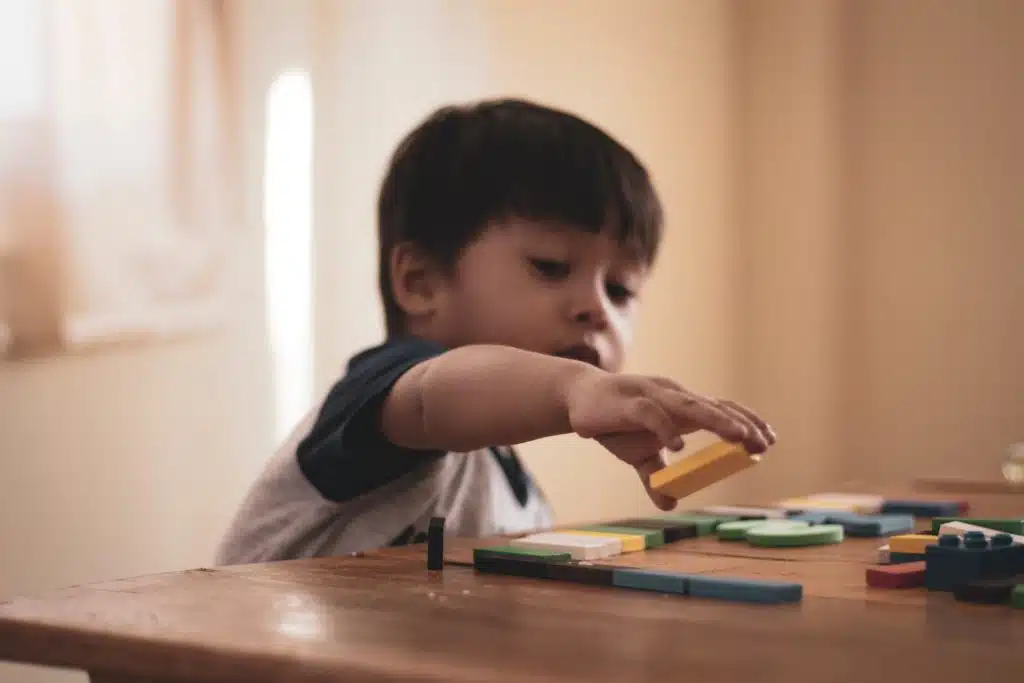For some parents, there can be a tendency to jump to the wrong conclusions.
And without a doubt, this can also happen when these parents assume their child has global developmental delay (GDD). This is the result of understanding the concept of developmental milestones, but still automatically assuming that those milestones are some form of strict deadline.
In reality, all the classified milestones in a child’s development are really guidelines and estimations. Whether it is for language, movement or motor skills, there is a range and that range is significantly large. That means that it can still be quite normal for a child to develop more communication and motor skills long after their first birthday. It is not necessarily a sign of GDD!
But knowing that, how then can parents better differentiate late-blooming development from actual developmental delay? How soon should you see a professional to diagnose your child?
Below are some strategies to help you make that decision:
1. Avoid comparing your child with other children too much.
Each child is different and that still applies even when it comes to learning their basic motor, communication, and cognitive skills. Sometimes it can be very tempting to jump to the wrong conclusion when you hear other parents celebrating their child’s first word or first steps while yours still can’t sit upright.
Regardless, it would be healthier to see your child’s development as moving at its own pace. The causes behind such differences can be so many that it would be unfair to your child if you started obsessing over comparisons instead of just helping them grow.
2. Get a diagnosis from a trusted professional.
Of course, there is no harm in consulting a professional to diagnose your child for any delays just to be sure. In fact, consulting a professional can equip you with more information on other factors that cause delays.
Speech and language professionals, for example, can point out other things in your household that your childhood’s language development will depend on. If these are neglected, then it will more likely be the cause of a delay rather than some serious disability.
3. Always remember your role in their development.
It goes without saying that regular interaction with your child can do more to improve their development compared to letting them struggle with things on their own. And with the proper guidance from a professional, you can certainly take more proactive steps to help them achieve their milestones.
In other words, don’t give up on your own parenting skills and don’t be too disappointed if your child hits their milestones later than you expected.
On a final note, it is important that parents try to maintain a more reasonable perspective about GDD. Truly serious developmental delays are still relatively rare. They also have no common cause. The only real sign is that a child still fails to develop certain critical skills despite reaching a very advanced age and having all the support their parents can give.
The differences can be quite severe and still very easy to tell from what is simply a late bloomer.
“Want to learn more about how better listening leads to a better life? Get a consultation with us today!”
Françoise Nicoloff
Official Representative of Tomatis Developpement SA in Australia, Asia and South Pacific, Director of the Australian Tomatis® Method, Registered Psychologist, Certified Tomatis® Consultant Senior, Tomatis® International Trainer and Speaker, Co-author of the Listening Journey Series, 40 Years of Experience, Neurodiversity Speaker




